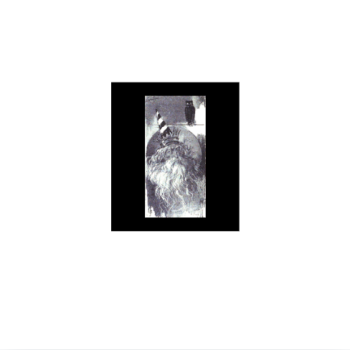Years ago I was invited with a number of other clergy to a Congressman's office to discuss an issue of importance to all of us. As the conversation drew to a close, the Congressman thanked us for our input and reminded us that if we were interested, he would be delighted to have us pray at the opening of a session of Congress.
"And be sure to pray in Jesus' name," he added.
The man to my left was a rabbi.
I am not embarrassed to pray in Jesus' name. I don't believe in interfaith conversations where everyone around the table attempts to identify the commonalities of what we all believe. In the final analysis, those are conversations about what no one believes. Besides, real tolerance can only be measured by our ability to acknowledge our deep differences. It is easy to be comfortable with someone who—deep down inside—is just like me. Sharing the table with someone who understands reality in fundamentally different ways is the mark of true tolerance.
I also want the freedom to practice and preach what I believe. The religious freedom we enjoy is a rare, fragile, and, historically speaking, exceptional gift. The fact that it is self-evident to us does not mean that we can expect that freedom to survive without our defending it.
But for the same reason, I don't want my government to advocate for my faith or display it on public property. Christians were involved in founding this country and Western Christian categories shaped our Bill of Rights and Constitution, but Christians were not the only ones involved in its founding and this is not a Christian nation.
Nor do I think the government's endorsement of my faith is even good for the church. It invites spiritual and moral laziness. When the government advocates for my faith the very act implies that our national life is one and the same as the Kingdom of God. And it conflates our national story with the Gospel. Although I would describe myself as a patriot, I do not believe for a moment that our national story is one with that of the church.
I once met with a group of leaders from the Middle East. The group consisted of five Muslims and a Christian from Syria. One of the Muslim representatives expressed surprise that a religious person and a priest would be comfortable with a secular government. "Wouldn't it be far better to have a religious government?" he asked.
My answer to his question then and now, is the same. "No."
When one faith tradition is privileged over another in our national life then no one's practice of his or her faith is finally protected, including the faith of the one that is—for the moment—privileged. To find myself in a Congressman's office with seven other ministers and only one rabbi was an accident of history and geography. I don't want my right to worship as I see fit to depend upon accidents of that kind. Nor should the rights of my Jewish colleague.
Where does this place me in what John Gibson calls The War Against Christmas and among those who belong to what he describes as a cabal of secularists and embarrassed Christian liberals who want to banish religious symbolism from our public life? If Gibson is right, then I suspect I would be (at best) a puzzle and (at worst) unwelcome in both groups. Although my position might look like it shares the conclusions of secularists who would banish Christmas trees and religious language from public life, I want more, not less room for religious observance. But I don't need the government to do anything but observe the rights it has promised us, and I am not anxious to see it struggle to find a square foot or two on every courthouse lawn for every religion under the sun.
The scandal of every Christmas is this kind of campaign in which secularists and atheists prove that they cannot live without religion by campaigning against its observable forms. All the while they offer up an encrypted religion of their own making. There is no bigger leap of faith than to argue that there is no god and to then argue that our existence is meaningful and that there is a rationale for justice, beauty, and values. Talk about a leap of faith. Let secularists embrace the nihilism of their position and be at least as agnostic about how we should live as they are about God.
Similarly, liberal Christians might take note of the fact that their embarrassment at being identified as religious is the engine of mainline demise. Rightly, Richard Rohr has observed that mainline Protestantism has become a religion designed by people who long to welcome everyone and offend no one. The net result is a community that might be welcoming, but it is difficult to know why anyone would care, and an increasing number of people have concluded that they don't. Those of us who belong to mainline denominations need not worry about being embarrassed much longer. Barring dramatic changes, the future of American Christianity lies elsewhere—with or without Christmas trees outside city hall.
Check back every Monday for the latest from The Spiritual Landscape, a regular column at the Mainline Protestant Portal at Patheos.
This article is also part of a series for the Patheos Holiday Monitor, which tracks the War on Christmas debates from across the land.
12/20/2010 5:00:00 AM




